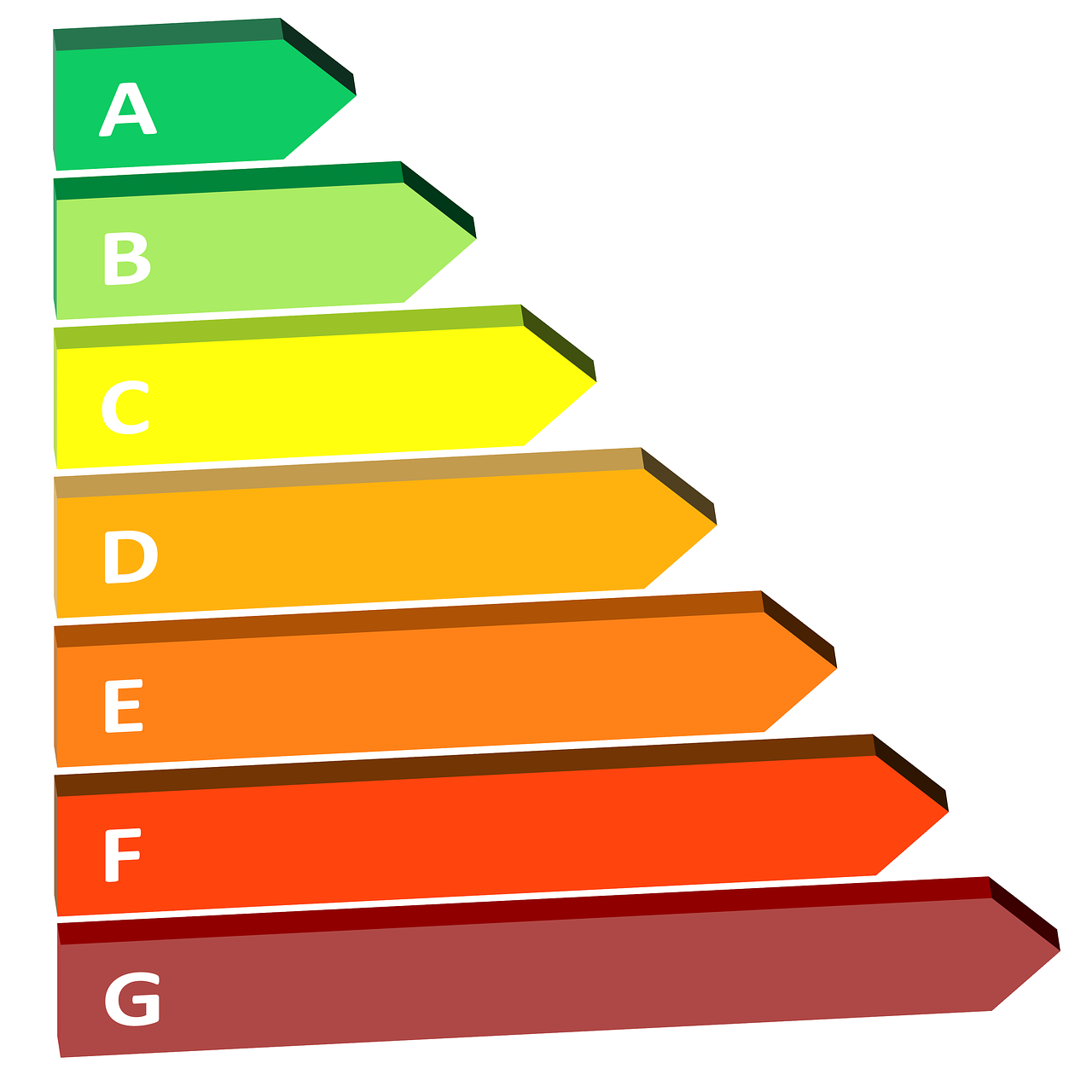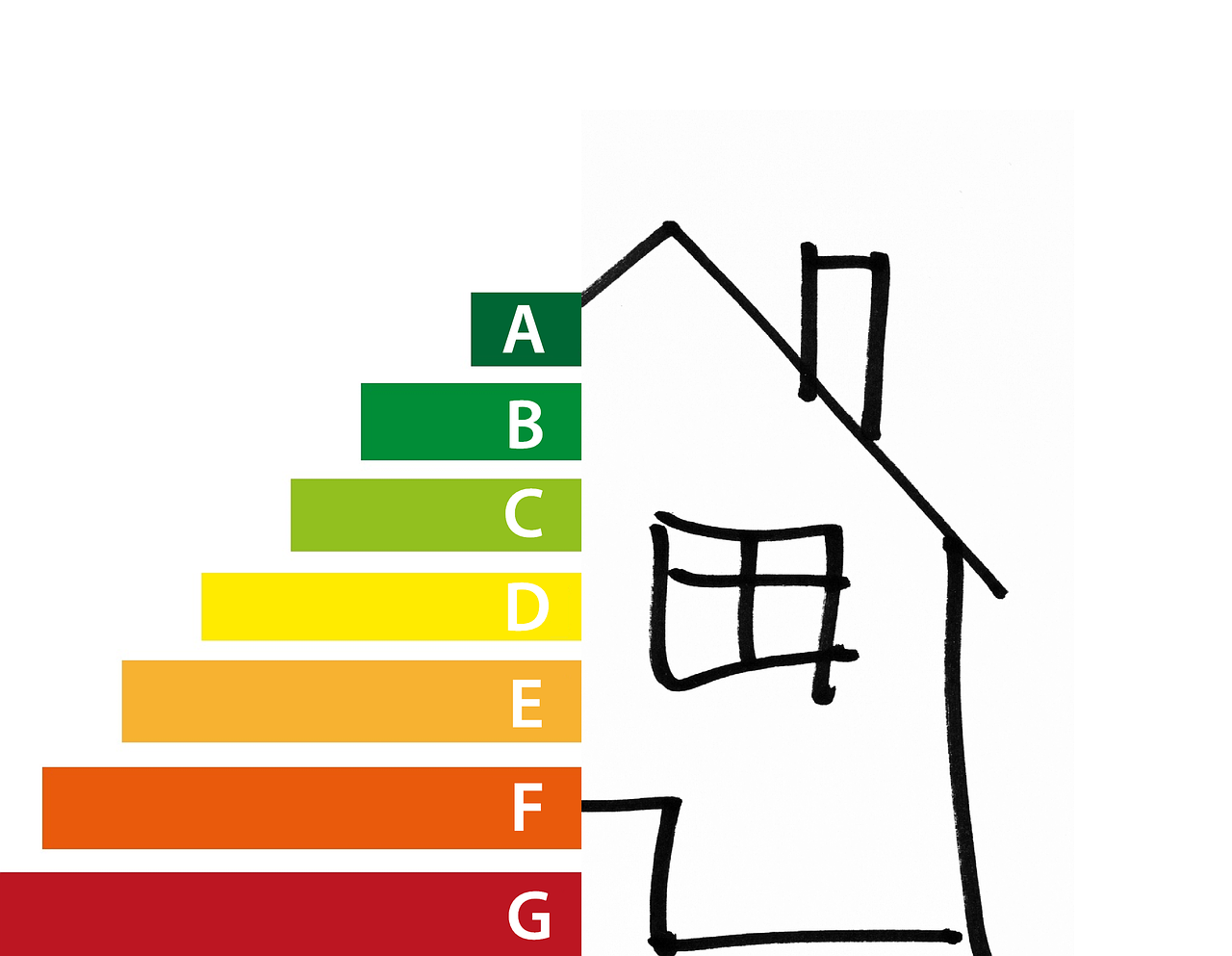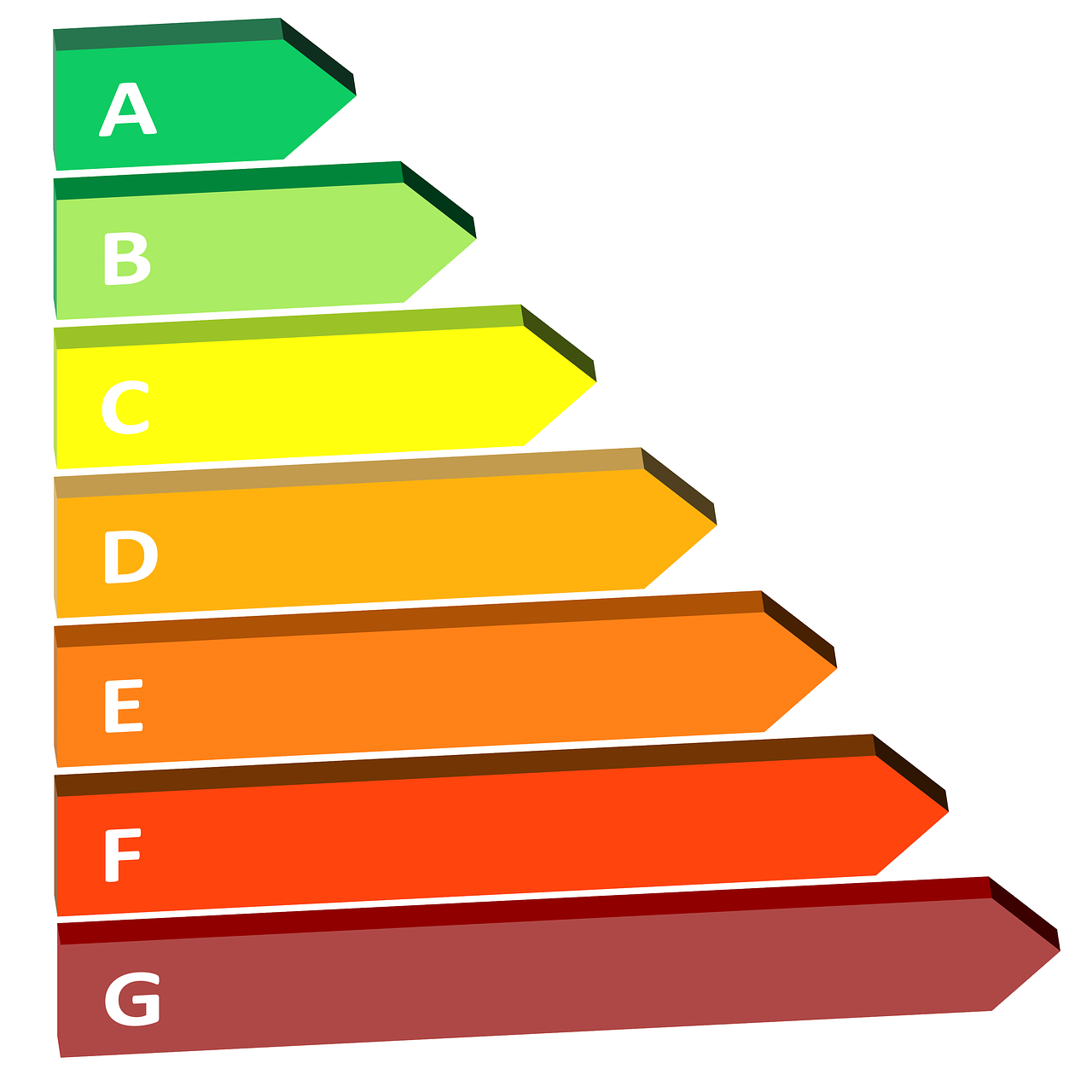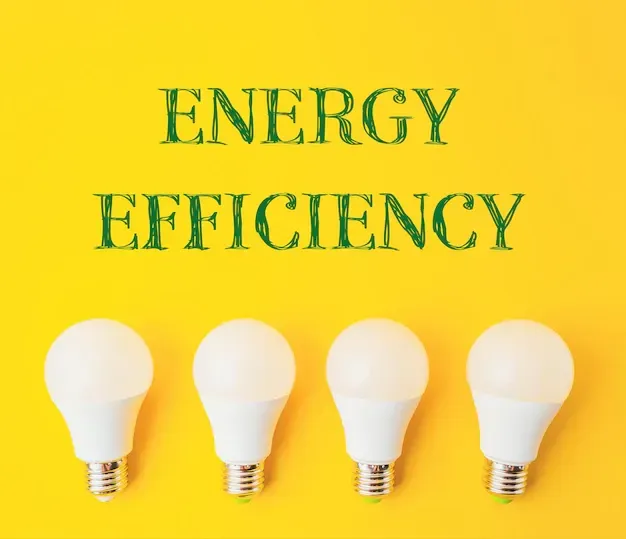The Essential Guide to EPC Requirements for Rental Properties: What You Need to Know
A guide to EPC requirements from an EPC assessor based in Gloucestershire
As a landlord, you are responsible for ensuring that your rental property is safe and energy-efficient for your tenants. One of the important requirements that you need to comply with is obtaining an Energy Performance Certificate (EPC) for your property. In this guide, I will explain what an EPC is, why it is necessary, the legal requirements for EPCs in rental properties, how to get an EPC for your rental property, understand EPC ratings and what they mean, how to improve your EPC rating, EPC exemptions and exceptions, and EPC enforcement and penalties for non-compliance the current government legislation states that the minimum requirement is an E rating but from 2025 this level is set to change to C being the minimum requirement.
What is an EPC?
An EPC is a document that provides information about the energy efficiency of a property. It contains details such as the property’s energy consumption, carbon emissions, and recommendations for improving its energy efficiency. The certificate is valid for ten years and is required by law when a property is built, sold, or rented out.
Why are EPCs necessary?
EPCs are necessary to provide information to tenants and prospective buyers about the energy efficiency of a property. It helps them to make informed decisions and understand the potential energy costs associated with the property. EPCs also play a crucial role in the government’s efforts to reduce carbon emissions and combat climate change.
Legal requirements for EPCs in rental properties
As a landlord, you must obtain an EPC for your rental property before you can rent it out. The EPC must be obtained by an accredited energy assessor, registered with an approved accreditation scheme. The certificate must be provided free of charge to the tenant or prospective tenant before they sign the tenancy agreement.
How to get an EPC for your rental property
To obtain an EPC for your rental property, you must contact an accredited energy assessor who will arrange to visit your property and carry out an assessment. The assessment will take into account factors such as the property’s age, construction, heating, lighting, and insulation. The assessor will then produce the EPC, which will include the property’s energy efficiency rating.
Understanding EPC ratings and what they mean
EPC ratings range from A to G, with A being the most energy-efficient and G being the least. The rating is based on the energy performance of the property and takes into account factors such as its age, construction, heating, lighting, and insulation. The rating is expressed in terms of both energy efficiency and environmental impact. The higher the rating, the lower the energy costs and carbon emissions associated with the property.
How to improve your EPC rating
If your property has a low EPC rating, there are several ways in which you can improve it. These include:
- Installing energy-efficient lighting
- Upgrading your heating system
- Improving your insulation
- Installing double glazing
- Using renewable energy sources
By making these improvements, you can not only improve your EPC rating but also save money on energy bills and reduce your carbon footprint.
EPC exemptions and exceptions
There are some exceptions and exemptions to the EPC requirements for rental properties. For example, properties that are listed or have a protected status are exempt from the requirement. Buildings that are used for temporary purposes, such as holiday homes or student accommodation, are also exempt. In addition, some properties may be exempt if they are deemed to have a low impact on the environment.
EPC enforcement and penalties for non-compliance
If you fail to obtain an EPC for your rental property or fail to provide it to your tenant, you may be liable for a fine of up to £5,000. In addition, you may be required to make improvements to the property to improve its energy efficiency.
Conclusion and key takeaways
In conclusion, obtaining an EPC for your rental property is an essential requirement that you must comply with as a landlord. It provides valuable information to tenants and prospective buyers about the energy efficiency of the property and plays a crucial role in reducing carbon emissions and combating climate change. To get an EPC, you must contact an accredited energy assessor who will carry out an assessment of your property. If your property has a low EPC rating, there are several ways in which you can improve it, including installing energy-efficient lighting, upgrading your heating system, improving your insulation, installing double glazing, and using renewable energy sources.
If you need assistance with your EPC requirements, contact https://www.walk-us-through.com/newpagea3c4b54c for your requirements, we are approved residential EPC assessors based in Stroud Gloucestershire.











